this month, reuters quoted several Taiwanese officials claiming that at least a dozen news reports from Chinese state media had framed Taiwan's Han Kuang Exercise as an“escape rehearsal” for Taiwanese President Tsai Ing-Wen and US citizens on the island in the event of a Chinese invasion.
Reuters notes that such media reports first surfaced in May, with the information campaign believed to be organized by China's Central Leading Group for Taiwan Affairs headed by President Xi Jinping and implemented by various government offices including the Taiwan Affairs Office in Beijing.
A Taiwanese official quoted by Reuters said that the campaign's objective is to weaken public trust in and create panic around Taiwan's leadership.
Taiwan's Mainland Affairs Office said that China is always trying to“damage the prestige of our government, divide Taiwanese society and weaken the support of the international community,” adding that“the government will immediately clarify false information and use specific actions to show its determination to defend itself.”
The Han Kuang Exercise has been held annually since 1984, which includes computer simulations and live-fire exercises to test Taiwan's readiness in the event of a Chinese invasion.
in april 2023, asia times reported that this year's Han Kuang Exercise would include scenarios for breaking a Chinese blockade and defeating a Chinese amphibious assault, with a US-built computer system performing round-the-clock simulations of joint, combined and coalition operations.
It will also be the first iteration where Taiwan's major international airport will be temporarily shut down during a simulation of repelling Chinese invaders.
Latest stories
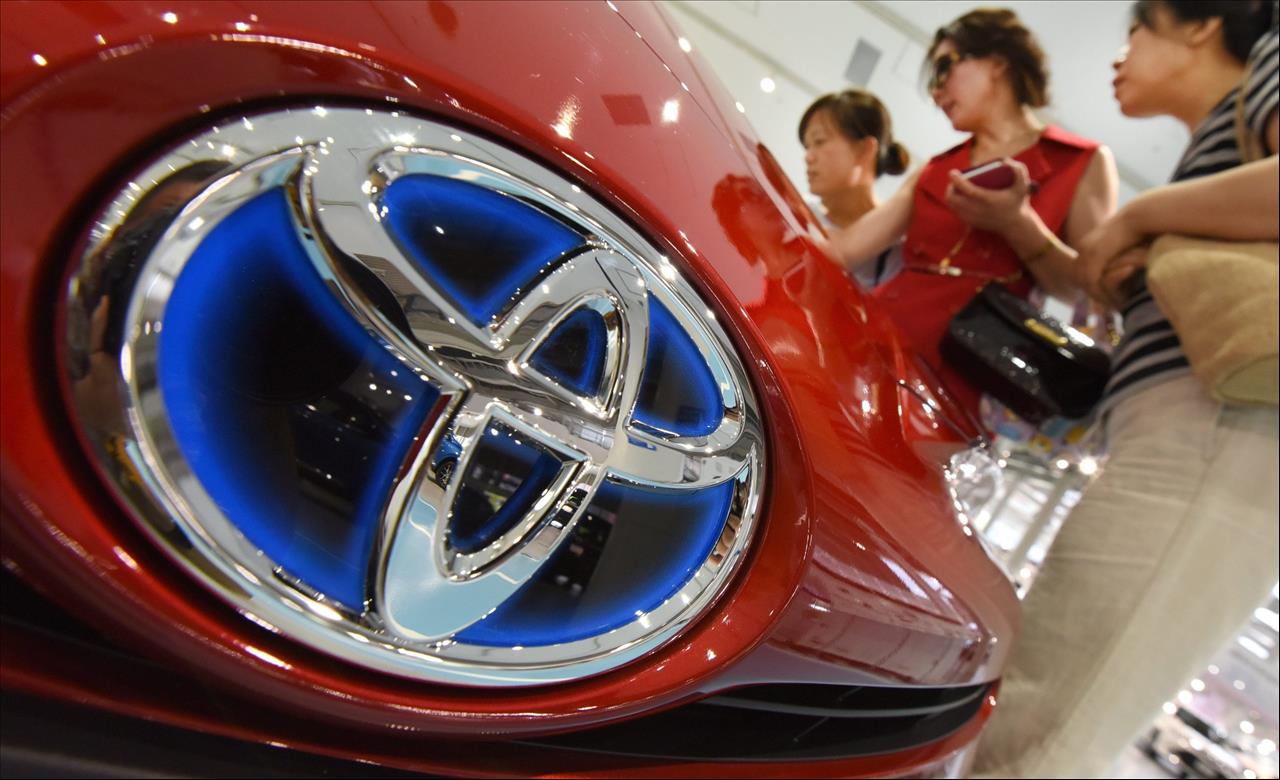
japan's automakers well behind the ev times
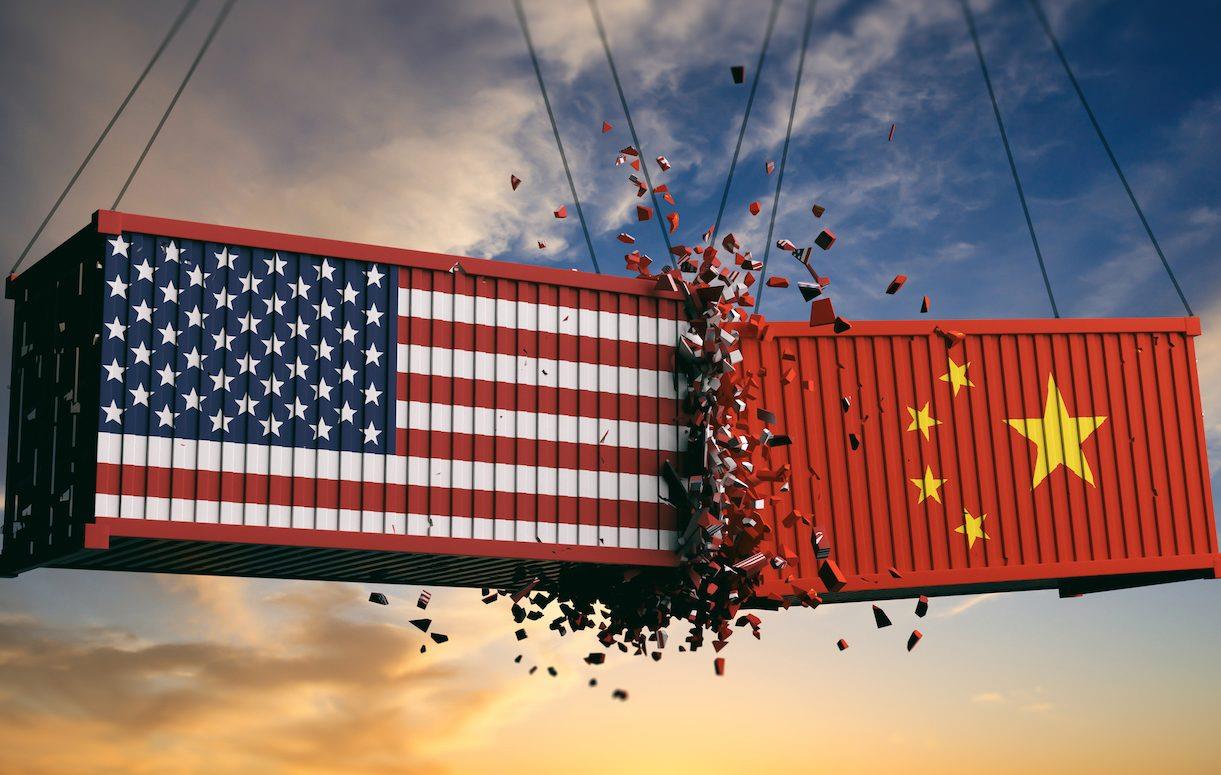
the fatal contradictions of china-bashing
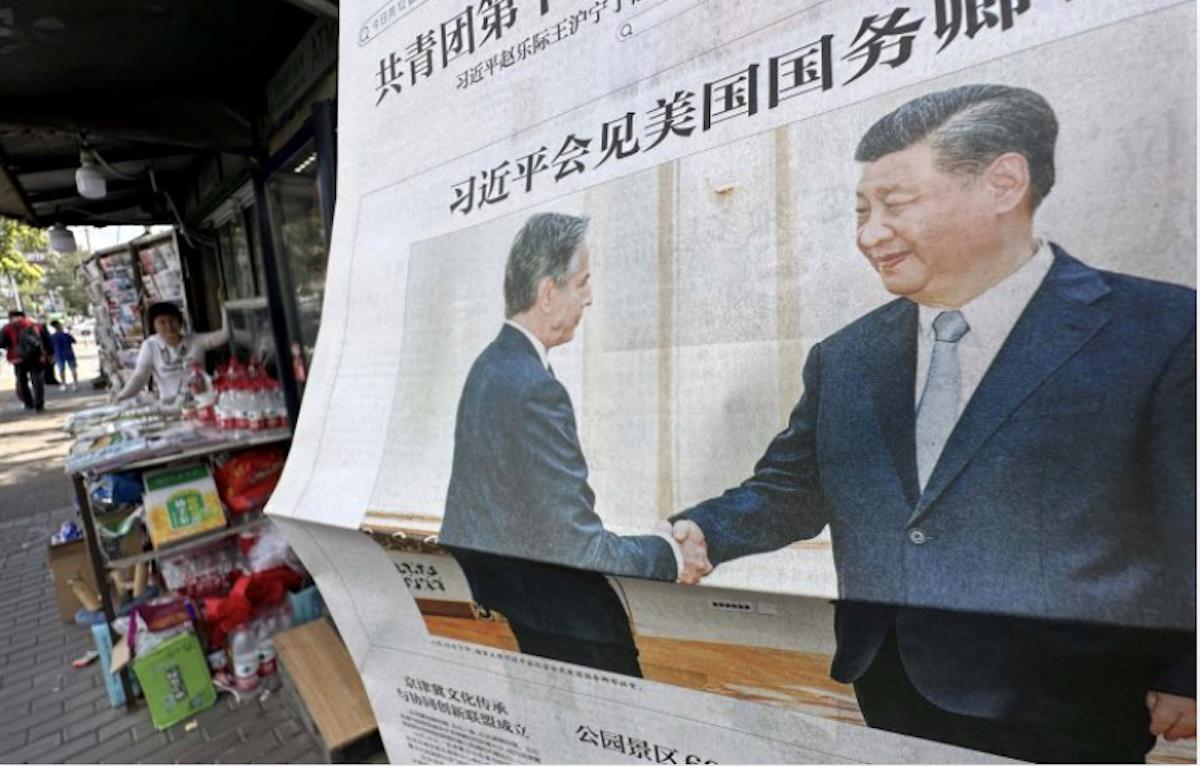
us-china relations need a new set of guardrails
Live-fire exercises will emphasize combat force protection, maritime interception, shielding of significant facilities such as seaports and airports, civil defense mobilization, air defense and countering an amphibious invasion.
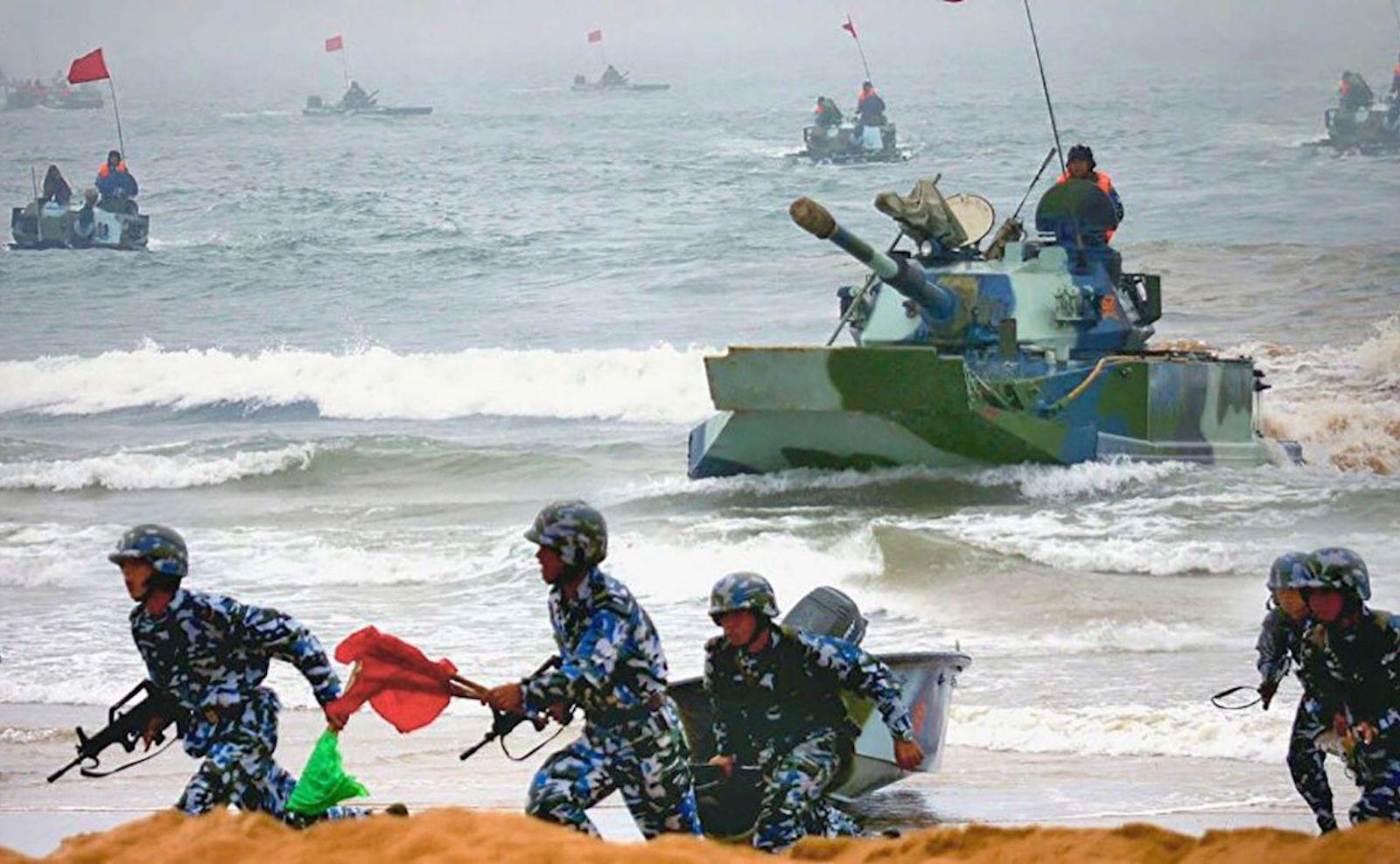
A simulated invasion of Taiwan. Both the US and China would incur heavy losses in a conflict. Image: Facebook
Nonetheless, Han Kuang faces various limitations that will need to be addressed to better prepare Taiwan against a potential Chinese invasion. Critics point to Han Kuang's limited scope, short timeframe and piecemeal nature, particularly in regard to civil defense scenarios.
asia times noted in may 2023 that Taiwan must field 360-400 fighters to defend against 700 People's Liberation Army-Air Force (PLA-AF) jets stationed nearby the island. While periodic upgrades to Taiwan's fighter fleet have enhanced its effectiveness, they likely haven't been sufficient to counterbalance the PLA-AF's greater size and presence.
Taiwan's air force may also have a readiness problem, with barely half of its fighters believed to be operational. It would also take at least a week to move the jets into hardened shelters, a major weakness if China mounts pre-emptive air and missile attacks to destroy the jets on the ground.
Aging aircraft are also a concern as Taiwan's F-16s and Indigenous Defense Fighters (IDF) were delivered in the 1990s, posing an obsolescence risk without corresponding upgrades.
Taiwan's inability to acquire newer aircraft may put it at a long-term disadvantage versus the PLA-AF, with concerns over Chinese espionage precluding US F-35 sales to the Taiwan air foce.
Taiwan also faces a fighter pilot shortage, forcing it to lower entry standards for prospective pilots, recruit officers from other military branches for pilot training, and allow pilots trained on other jets to fly F-16s.
Han Kuang's limited civil defense scenarios may prove to be a liability considering China's extensive penetration of Taiwan's military, with top-ranking Taiwanese officers known to have leaked classified and sensitive information to Chinese spies.
That leaked intelligence could help China with invasion preparations. It could also result in turncoat Taiwanese officers refusing to fight, misdirecting troops or even defecting outright when an invasion starts.
Chinese agents can also spearhead possible decapitation operations against Taiwan's command and control, political and military leaderships.
While China may actively promote propaganda to undermine Taiwan's will to resist, there may be some element of truth in its“escape plan” spin.
in december 2022, asia times reported on a possible US“scorched earth” strategy for Taiwan involving disabling or destroying the self-governing island's strategic semiconductor factories and evacuating its top semiconductor engineers and scientists for refuge in the US in a worst-case scenario.
Such a strategy threatens to destroy Taiwan Semiconductor Manufacturing Company's (TSMC) manufacturing facilities, which produce 55% of the world's advanced chips used in everything from mobile phones to sophisticated military weapons and equipment.
The destruction of TSMC's facilities would cripple China's war effort and inflict quick and deep economic damage, undermining the legitimacy of the Chinese Communist Party not to mention torpedo the global economy.
If implemented, such a scorched earth strategy would raise hard questions about the US' war capabilities and ability and commitment to defend its other regional allies like Japan, South Korea and the Philippines.
Disingenuously framing the Han Kuang Exercises may be part of China's larger strategy to subdue Taiwan without force.
While China has long threatened Taiwan with punitive economic and military action, the threats have not dissuaded Taiwan's leadership and population from hinting at or implying de facto or eventual independence.
in january 2023, asia times reported on China's“smart deterrence” strategy, wherein its“intelligentized warfare” operating concept aims to seize control of the information domain to deter or manage a conflict.
China has also been honing its“cognitive domain operations” concept, which uses artificial intelligence (AI) to supercharge its previous public opinion and psychological warfare tactics.
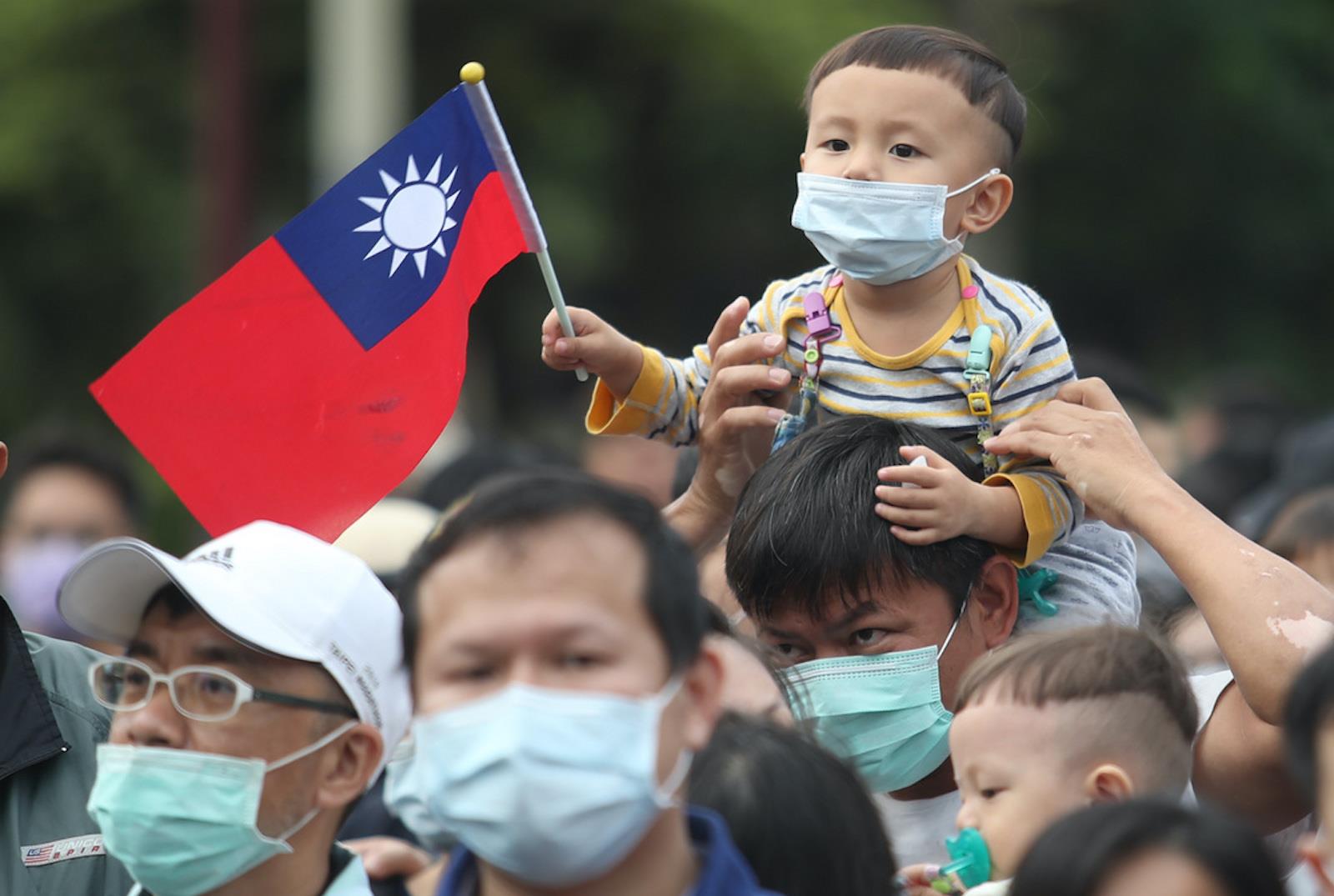
Many Taiwanese doubt the US would intervene in the event of a Chinese invasion. Image: Twitter
China's propaganda operations aim in part at stoking shaky public confidence in US security guarantees, potentially influencing Taiwan's 2024 presidential election results towards pro-China candidates, alongside covert funding for the latter.
While Taiwan's democratic survival is contingent on US military intervention, a 2022 inkstick survey shows that among Taiwan's“government workers,” which includes military service members, 70% have no confidence in a US intervention in the event of a Chinese invasion.
The same survey shows 53.8% of Taiwanese aged 20 and above believe there would not be a US military intervention on behalf of Taiwan, while only 36.3% said they do.
Like this:Like Loading... Related



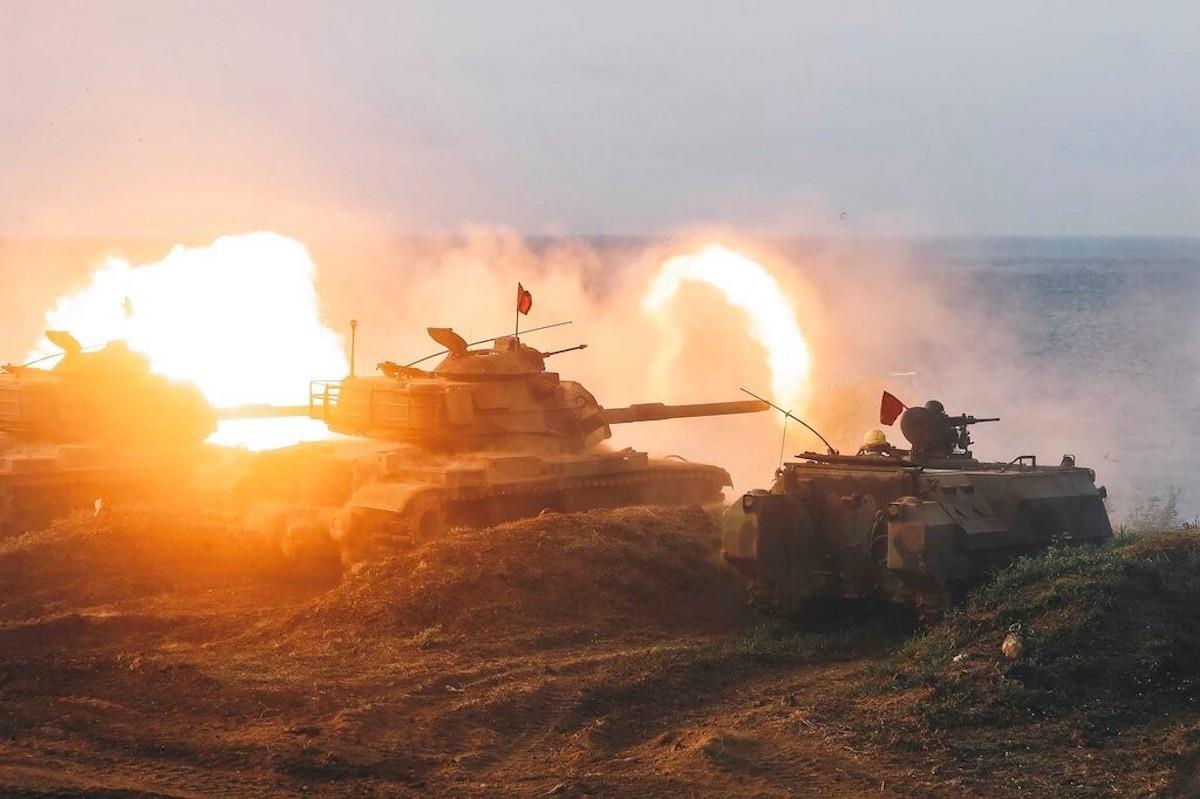




















Comments
No comment